Discover AnthroPod
AnthroPod

88 Episodes
Reverse
A Black feminist anthropology of college football, race, labor, and care.
In this episode, we dive into the series of debates that have emerged around assisted suicide, both within and outside the boundaries of medico-legal institutions. Through a conversation with anthropologists Dr. Dwai Banerjee, Dr. Miki Chase, Dr. Sophia Jaworski, and Dr. Miranda Tuckett, we explore the ethical obligations that are raised around end of life care by the legalization of aid-in-dying and the practice of voluntary death.
This episode is about love. What does it mean to study love ethnographically and analytically? How might we speak of love, especially in today’s social and political climate? In dialogue with Dr Omar Kasmani, whose work explores migrant loves and intimacies in Berlin, we trace the hopes, heartbreaks, and potentialities that love can hold for field research and ethnographic writing. Bridging the subjective and the objective, the personal and the shared, the inward and the outward, love remains a concept as powerful as it is perplexing. We hope this conversation encourages a more deliberate investigation of love within our discipline, and highlights its richness and complexity as an essential lens for ethnographic inquiry.
In this episode, we dive into gender and sexual diversity, sexual dissidence, and their intersections with anthropology and education. Through a conversation with Dr. Joshua Liashenko, Director of LGBTQ+ Studies at Chapman University, we explore how queer anthropologists are engaging with these concepts in their approaches to research, training and teaching, particularly in relation to gay, lesbian, queer and trans communities in North America.
We discuss the historical development of anthropology’s engagement with sexuality and highlight the importance of bringing these conversations into the classroom, especially as anti-LGBTQ+ rhetoric and policies continue to rise across North America, particularly in the United States. This episode also considers how these themes are being taken up in university settings, especially within Diversity, Equity, and Inclusion efforts and offers resources for listeners who want to dive deeper into this work.
Recently, Tampa Bay has stoked controversy among U.S. anthropologists. Facing statewide rising fascism and oppressive laws targeting historically marginalized minorities, it's also the site of the 2024 American Anthropological Association (AAA) annual meeting. In this episode of AnthroPod, we visit three Tampa-based anthropologists doing community-centered fieldwork among marginalized local communities.
The second episode of our two-part mini-series, showcases a roundtable discussion held at the 2023 American Anthropological Association’s Annual meeting in Toronto. In this episode, anthropology scholars gather to celebrate the work of Harsha Walia and share reflections on how her scholarship has influenced their own research, writing and activism.
A discussion featuring Harsha Walia, alongside community organizers and migrant workers representing Migrant Workers Alliance for Change (MWAC), took place at the American Anthropological Association's 2023 Annual Meeting in Toronto. This episode is the first part of a two-part mini-series highlighting the impact and contributions of Harsha Walia’s scholarship.
In this episode, Professor Nick Seaver, Professor Veronica Barassi, and Alex Moltzau discuss the intersection of anthropology and algorithms. What exactly can anthropology bring to the table in understanding them? How can we use anthropological concepts and methods to make sense of algorithms? And how does this research translate into practice?
For show notes, please visit: culanth.org/fieldsights/anthropology-and-algorithms
In this episode, fellow podcasters, Frankie Younger and Dr. Anthony Jerry share how they combined podcasting with community engagement to create podcasts as archival spaces for the voices of historically marginalized communities.
In our latest episode in this series What Concepts Do we welcome guest producer Nazlı Özkan, who leads us through a discussion of New Media. How has newness been produced as a feature of media in different political and historical contexts, and how can anthropological approaches help us understand how technological novelty becomes a part of statecraft, activism, and everyday life?
In this episode, Dr. Willi Lempert discusses anthropology of outer space, focusing on historical and ongoing forms of colonialism on and off of Earth, as well as indigenous futurisms and alternative imaginations of outer space.
Our interview with Dr. Lempert was conducted in May 2023.
For more, visit https://culanth.org/fieldsights/astro-colonialism-conversation-with-willi-lempert
AnthroBites: Disability with Dr. Arseli Dokumaci.
AnthroBites is a series from the AnthroPod team, designed to make anthropology more digestible. Each episode tackles a key concept, text, or theme, and breaks it down into manageable, bite-sized chunks. In this episode, Dr. Arseli Dokumaci discusses disability, ethnography, and her recent book Activist Affordances.
Our interview with Dr. Dokumaci was conducted in May 2023.
Show notes: https://culanth.org/fieldsights/anthrobites-disability
Anthropology can be presented in various forms - what does it mean to share anthropology through podcasts? In the latest episode in the What Does Anthropology Sound Like series, we explore anthropological podcasts as method and as output. This episode features Dr. María Eugenia Ulfe Young (from the Nuestras Historias desde Cuninico podcast), PhD Candidate Anuli Akanegbu (creator of BLK IRL®), and Dr. Dominic Boyer (co-creator of the Cultures of Energy podcast).
Find the transcription and show-notes here: https://culanth.org/fieldsights/what-does-anthropology-sound-like-podcasts
Find our guests' podcasts:
Nuestras Historias Desde Cuninico - https://www.facebook.com/profile.php?id=100063634656075
BLK IRL® - https://www.blkirl.com/
Cultures of Energy - https://culturesofenergy.rice.edu/
In this AnthroPod episode, we provide a retrospective on the Virtual Otherwise conference from the perspective of the local node in Agria, Greece. Touching on matters of accessibility, engagement, and multimodality, we ask: Whither anthropology conferencing?
This episode is devoted to thinking through the specificity of the United States as a place in which to conduct fieldwork.
For show notes, please visit : https://culanth.org/fieldsights/contributed-content/anthropod
In this episode, Professors Sophie Bjork-James, Carolyn Sufrin, and Elise Andaya share what the anthropology of abortion looks like in their fieldsites and how those sites will change in a post-Roe world, and we break down this topic with the help of other scholars of reproduction.
For show notes, please visit https://culanth.org/fieldsights/anthropod-talks-abortion
In part 2 of our series on sound and borders, cultural geographer Tom Western talks with Nick Smith about the work of the Syrian and Greek Youth Forum (SGYF) in Athens, Greece. Featuring sound clips created by the SGYF team, the discussion unpacks the concept of active citizenship and the ways that sound can challenge the static character of border regimes in Greece and throughout the Mediterranean. For show-notes visit
This is the second episode in the series "What Concepts Do." In this episode, Contributing Editor Sharon Jacobs unpacks the concept of solidarity, alongside anthropologists Darryl Li, Amahl Bishara, Lesley Gill, and Dimitrios Theodossopoulos. What is solidarity, and who can practice it? Is solidarity something we do within communities, or beside allies? What are some of the shortcomings and challenges of solidarity? For show-notes and resources, visit https://culanth.org/fieldsights/what-solidarity-does
In this episode, anthropologist and artist Alex Chavez talks about performance, migration and nationalism in the United States. For show-notes, please visit https://culanth.org/fieldsights/the-sound-of-borders-a-conversation-with-alex-chavez
Cassandra Hartblay, Cristiana Giordano, and Greg Pierotti discuss performance as ethnographic medium in the third installment of What Does Anthropology Sound Like, an Anthropod Series.
For transcriptions, visual content, and other resources related to this episode of Anthropod, please visit: https://culanth.org/fieldsights/what-does-anthropology-sound-like-performance




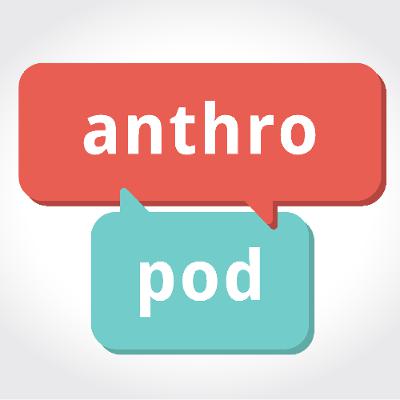
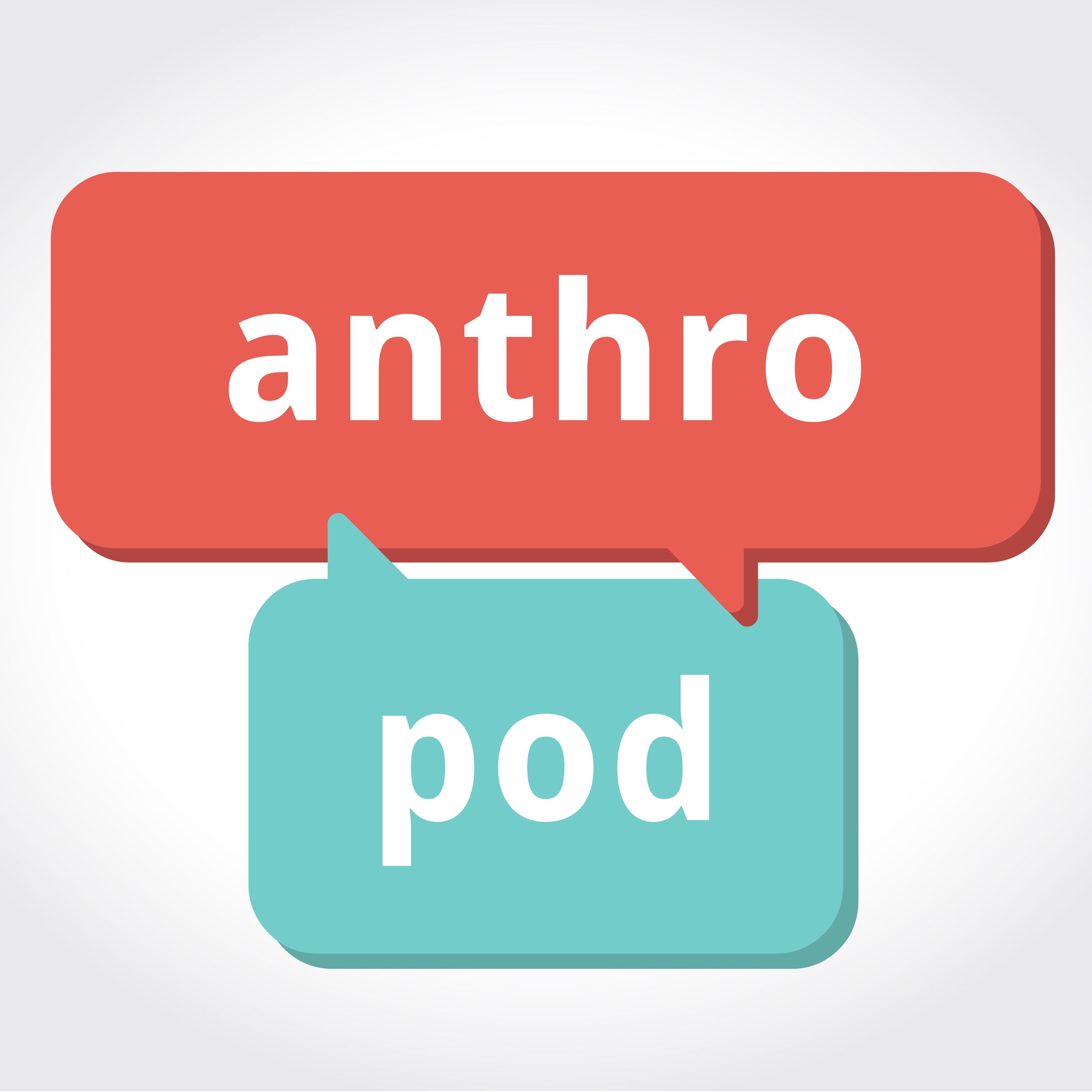

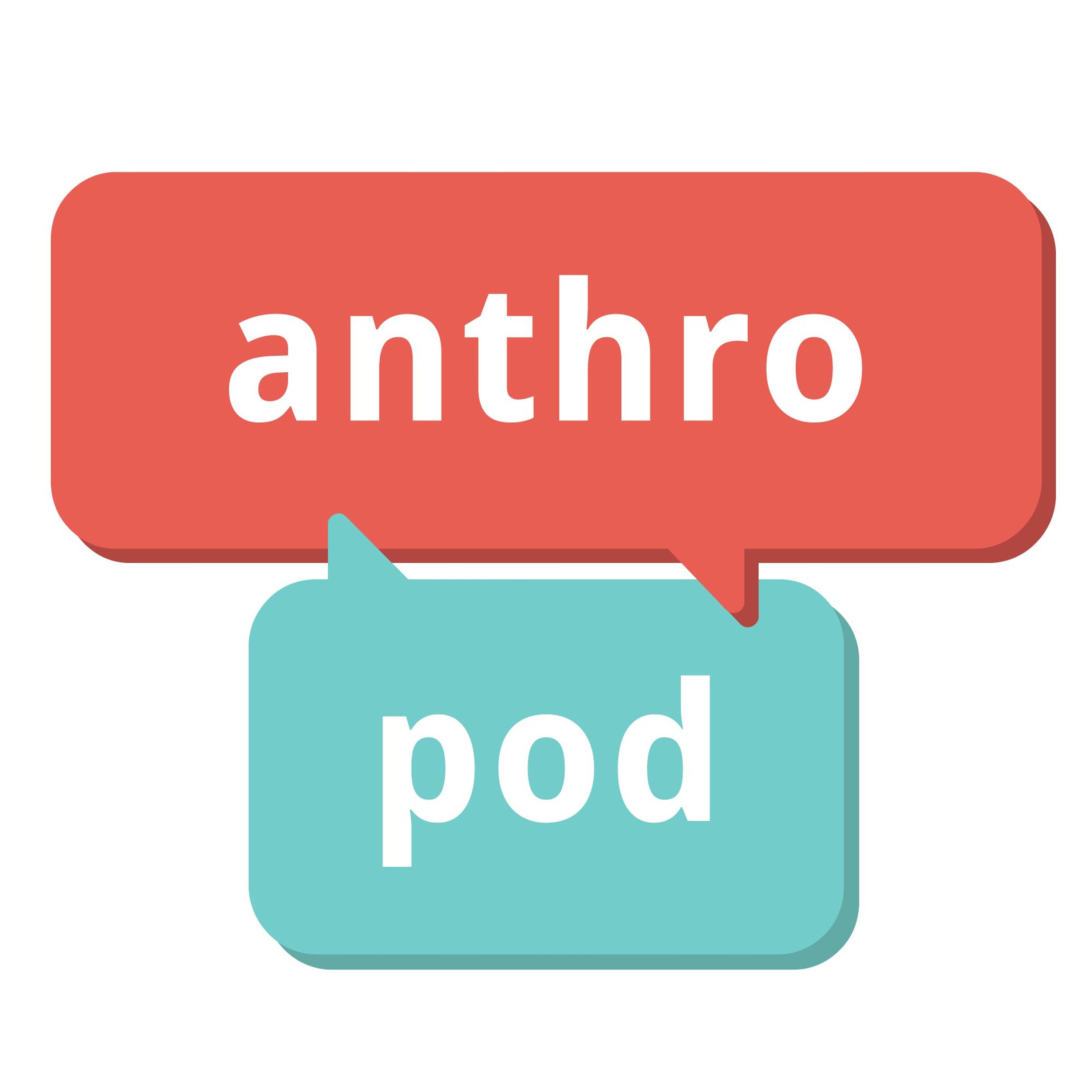
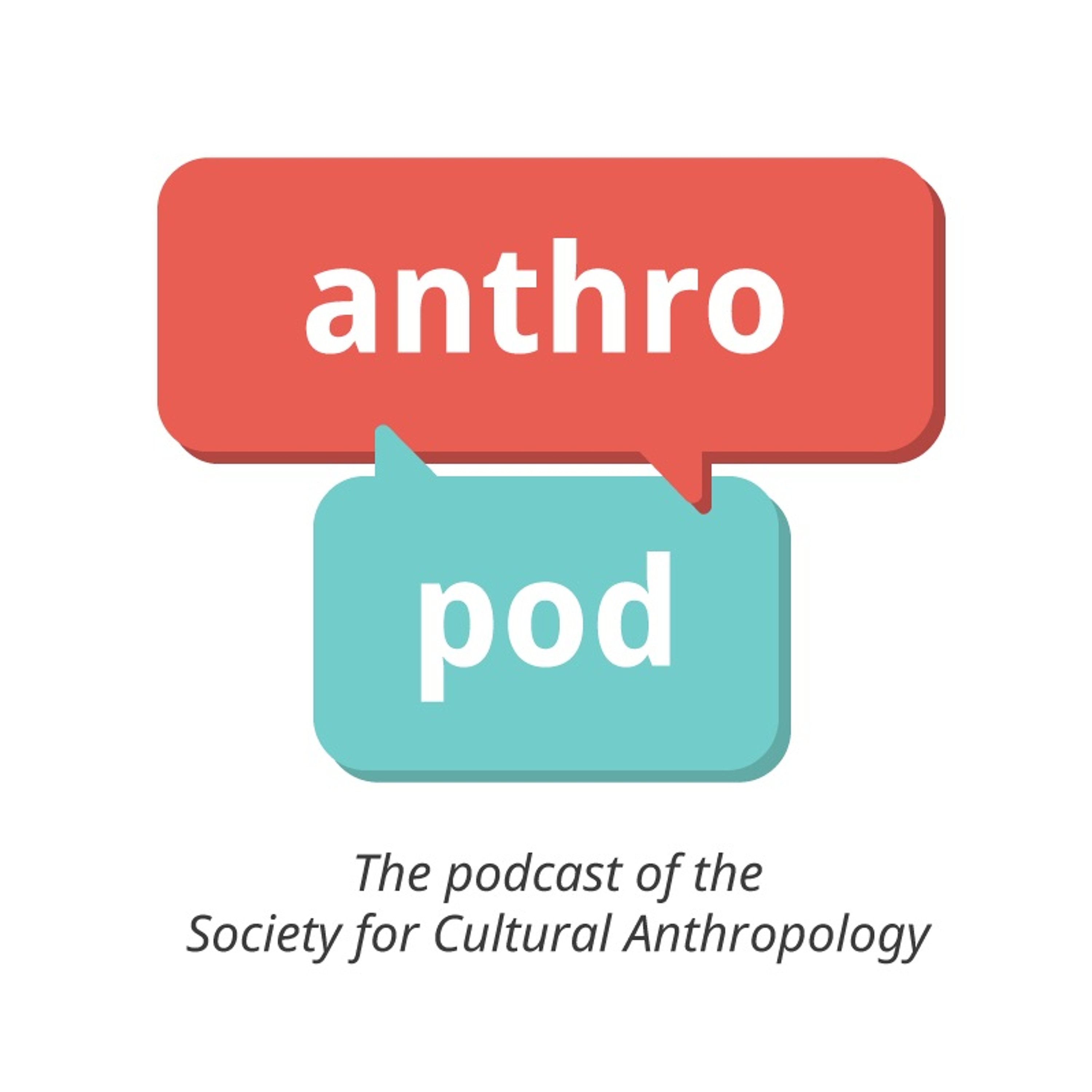
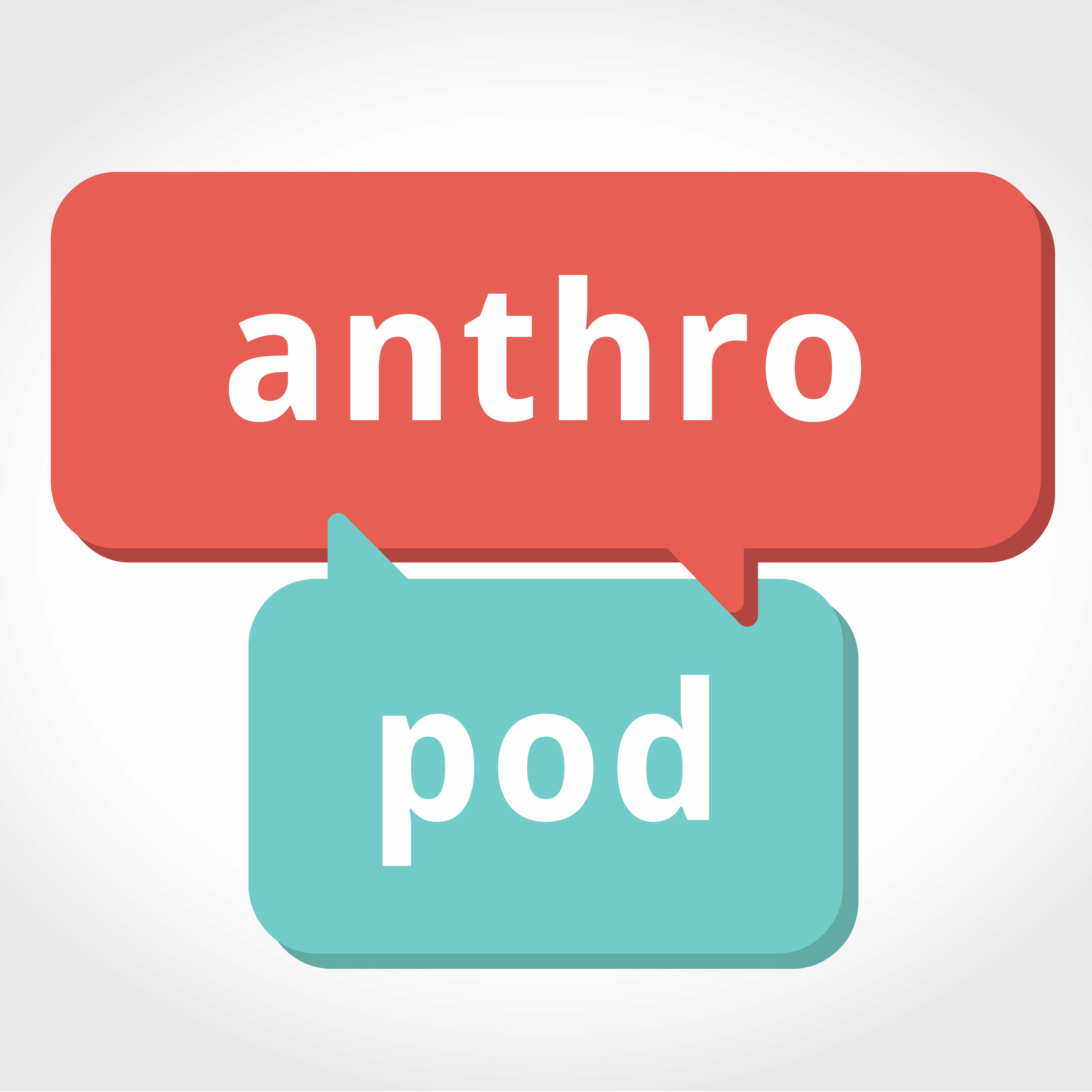

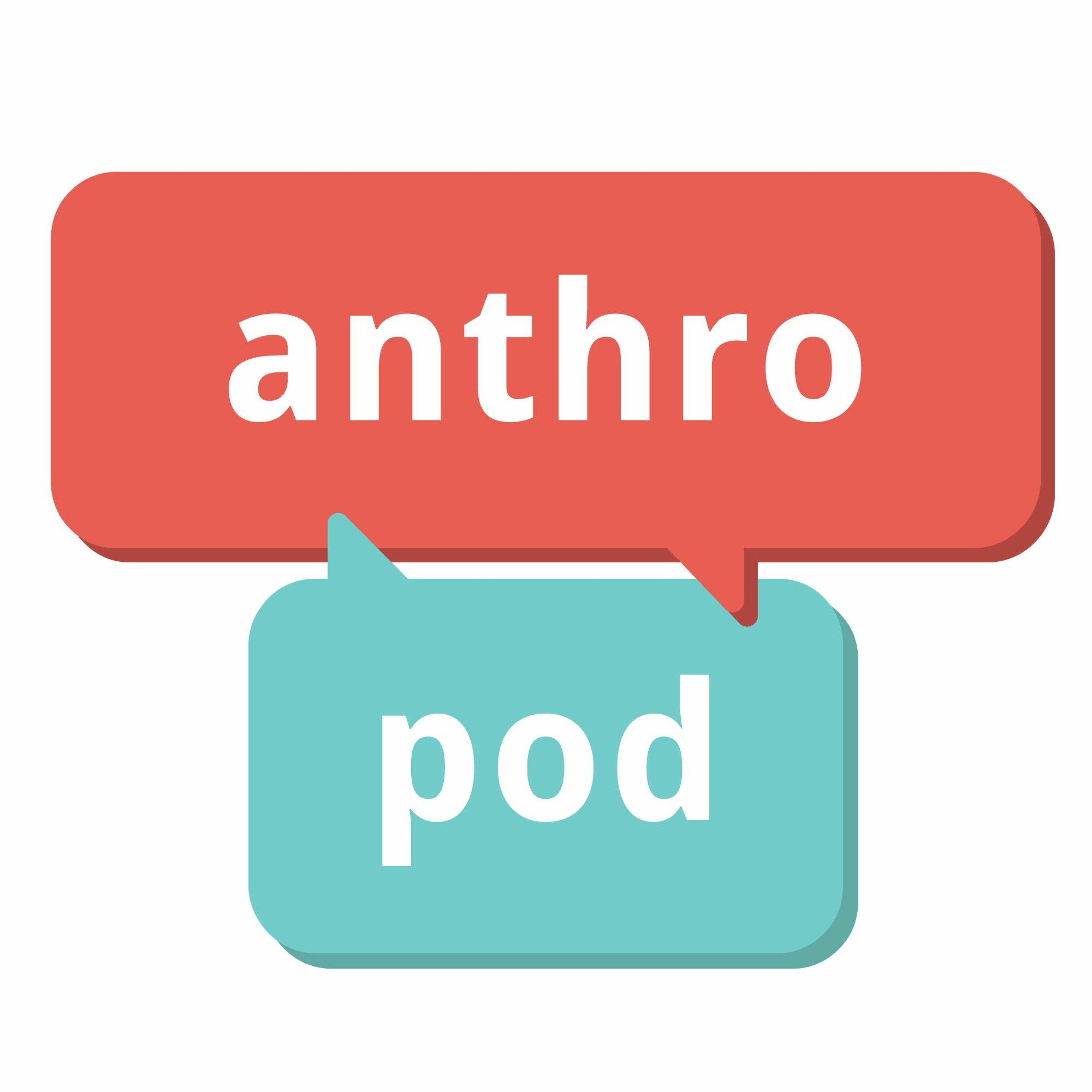
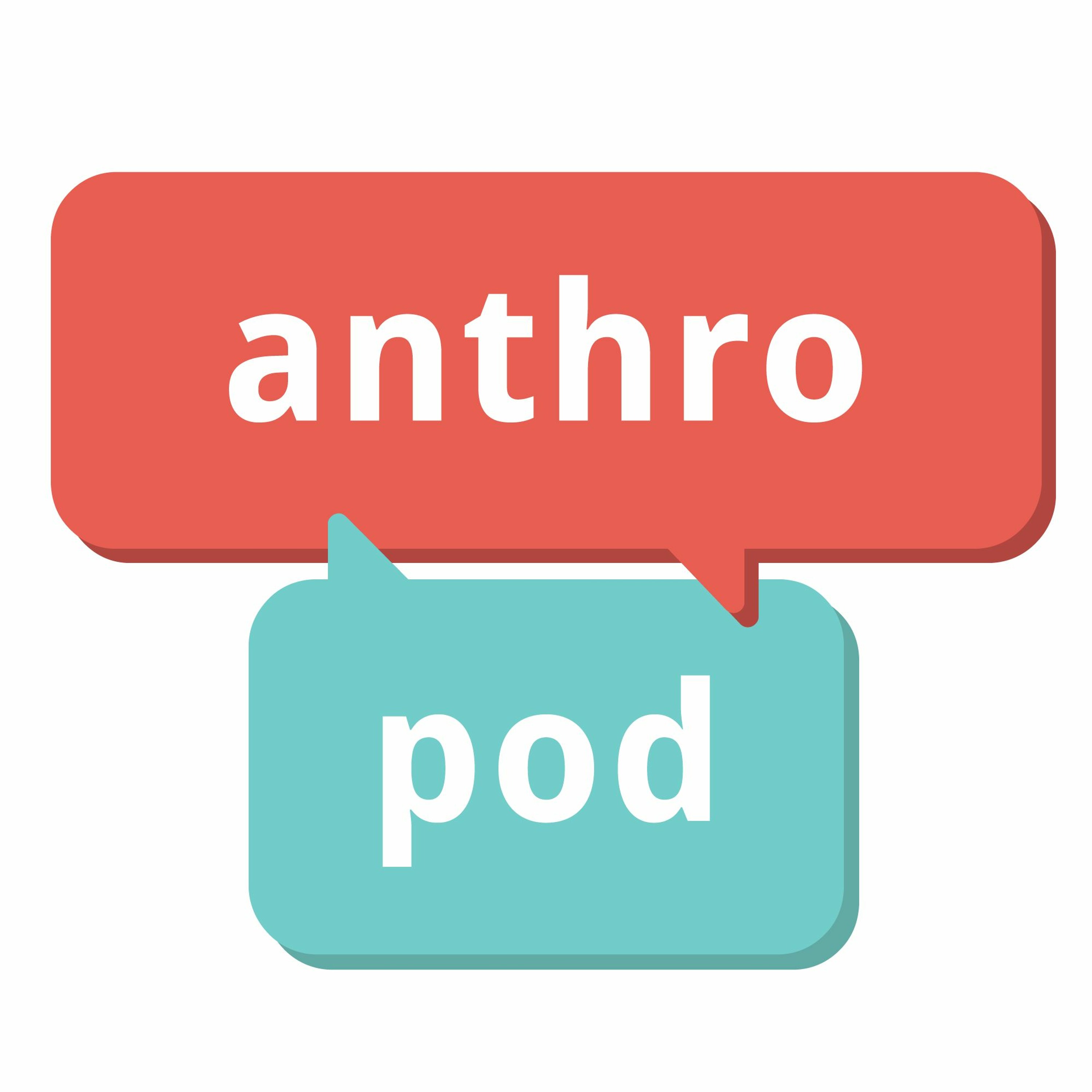
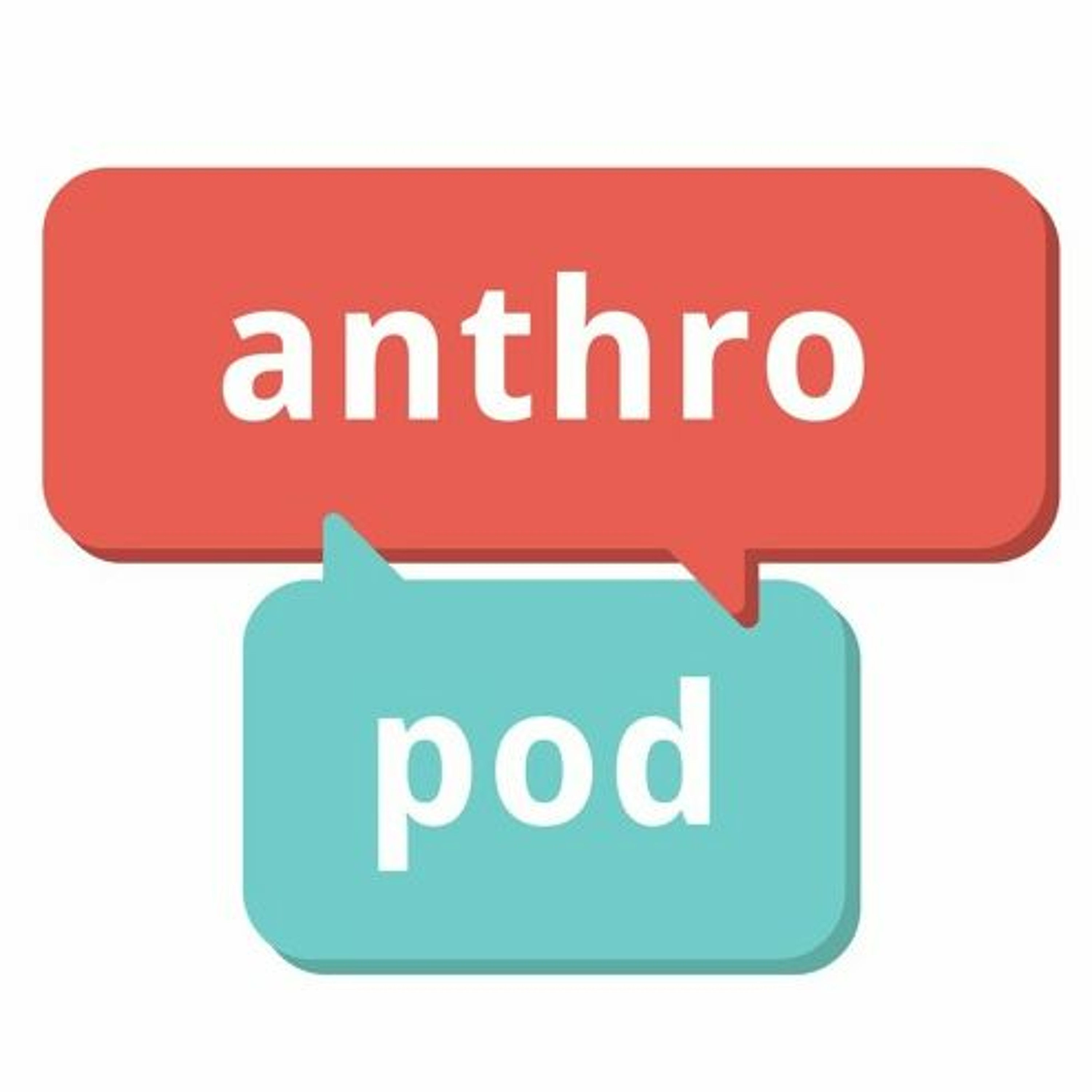



Can we not consider the poor whites of Appalachia as a group different of other whites?